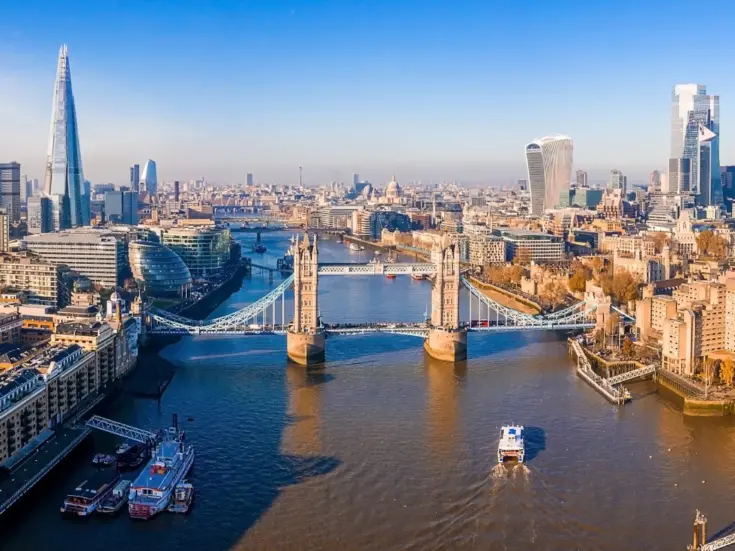
While the Guardian’s splash today on the wealthy who have secret accounts in the British Virgin Islands is salacious and titillating, it’s further proof that an erroneous attitude towards offshore banking is gaining ground rapidly – namely, that anyone who stores wealth offshore, no matter how they acquired it in the first place, is morally dubious.
As Martyn Gowar, partner at law firm McDermott Will & Emery and Spear’s legal columnist, says: ‘If the issue is that the people acquired their money dishonestly, then that is another matter. But if people have money – and have acquired it legitimately – and they choose to put it in the British Virgin Islands, then that’s entirely legal.’
Increasingly, that distinction is not being made, and the reputational effects of this lumping-together are already deterring people from using offshore entities as parts of their wealth structure. It’s not hard to understand why.
DAN HYDE, A partner in business crime and commercial fraud at law firm Howard Kennedy FSI, identifies the problem: ‘It’s like what’s happening with bankers: at the moment, all bankers are bad. Well at the moment, if you use offshore banking, [people think] you’re no different from a dictator or an arms dealer.’
Read more: The man vindicated by the Guardian’s tax scoop
The Guardian’s raft of stories is based on work done by the Washington-based International Consortium of Investigative Journalists (ICIJ), which has somehow acquired enormous amounts of confidential information concerning the financial affairs of some of the world’s richest men and women. This is an invasion of privacy, and one that should not just be alarming to world’s wealthy, but to everyone who values financial confidentiality.

Offshore banking is a legal and legitimate way of structuring wealth. If the ICIJ and Guardian want to prove that some of the people whose emails they have read are guilty of illegal acts, then that is for a separate investigation. But as it stands, they have violated the privacy of those who use offshore accounts to no good purpose.
It is not just the word’s HNWs who should be disturbed by this. As Hyde says, ‘This is just the tip of the iceberg; if people can access this sort of information, then all sorts of names will be thrown in.’
THE DATA WERE obtained by the ICIJ’s director, Gerard Ryle, when he received a hard drive, complete with 260 gigabytes of emails and databases, in the post. He had been working on a tax haven piece relating to Australia’s Firepower scandal. The total data, according to the Guardian, were the equivalent of over half a million books. The Guardian says the project was resource-intensive: ‘Eighty-six journalists from 46 countries used both hi-tech data crunching and traditional reporting to sift through emails and account ledgers covering nearly 30 years.’
It revealed the use of offshore bank accounts and entities by, among others, Mongolia’s former finance minister, Baroness Carmen Thyssen-Bornemisza, one of Spain’s wealthiest women, Imelda Marcos’ daughter and Jean-Jacques Augier, Francois Hollande’s 2012 election campaign co-treasurer. The ICIJ estimate that the total amount of wealth stored in offshore accounts is around £21 trillion.
Apart from the oblique reference to a disc mysteriously landing on Ryle’s desk in Washington, there is nothing in the Guardian this morning about how all this information was acquired. Most of it is in the form of pilfered emails that were sent with an expectation that they were and would remain private correspondence. How did the Guardian and the ICIJ get their hands on them? Who sent that disc to Ryle? And to what checks and balances has this enormous body of information been subjected?
The obvious justification for this dubious ‘investigation’ making its findings known is that it is in the public interest for it to do so. But it’s not obvious why we should have to know that Spain’s wealthiest art collector, Baroness Carmen Thyssen-Bornemisza, uses offshore entities to buy pictures, or that a Canadian lawyer put $800,000 in an offshore trust.
Read more on tax (and its avoidance) from Spear’s
Don’t miss out on the best of Spear’s articles – sign up to the Spear’s weekly newsletter
[related_companies]





